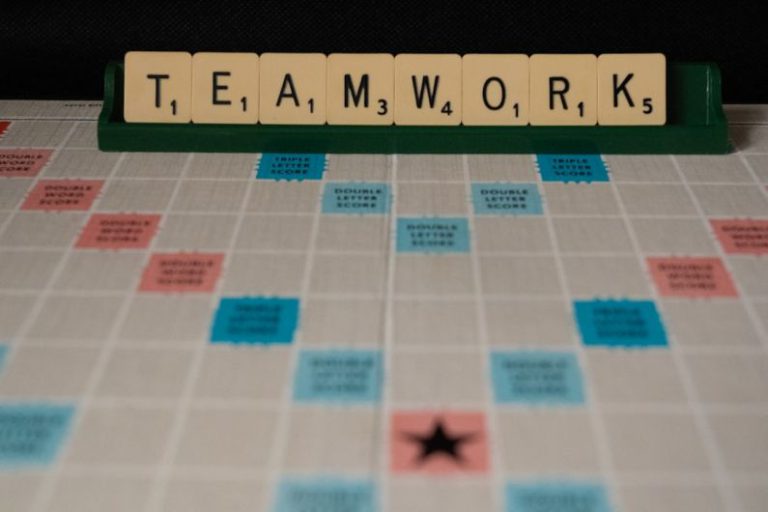Effective Decision Making
Making effective decisions is a crucial skill that can greatly impact our lives. Every day, we are faced with choices that can shape our future, whether it’s a personal decision or a professional one. The ability to make sound decisions is not only essential for success but also for overall well-being. In this article, we will explore key strategies and techniques that can help improve your decision-making skills.
Understanding the Decision-Making Process
Before delving into how to make effective decisions, it’s important to understand the decision-making process itself. Decision-making involves a series of steps that include identifying the problem, gathering relevant information, considering alternatives, making a choice, and evaluating the outcome. Each step plays a crucial role in ensuring that the decision made is well-informed and thoughtful.
Seeking Clarity and Defining Objectives
Clarity is key when it comes to making decisions. Before jumping into a decision, take the time to clearly define the problem you are trying to solve and the objectives you want to achieve. By setting clear goals, you can narrow down your options and focus on solutions that align with your desired outcomes.
Gathering Information and Considering Alternatives
One of the most critical aspects of effective decision-making is gathering relevant information. Take the time to research and gather data that will help you understand the situation better. Consider all possible alternatives and weigh the pros and cons of each option. Avoid rushing into a decision without exploring all available choices.
Analyzing Risks and Benefits
Every decision comes with its own set of risks and benefits. It’s essential to carefully analyze these factors before making a choice. Consider the potential consequences of each option and assess the likelihood of success or failure. By evaluating risks and benefits, you can make a more informed decision that aligns with your goals and values.
Utilizing Decision-Making Tools
In today’s digital age, there are numerous decision-making tools and techniques available to help streamline the process. From decision matrices to SWOT analysis, these tools can provide a structured approach to evaluating options and making decisions. Consider utilizing these tools to enhance your decision-making process and ensure a more thorough evaluation of your choices.
Considering Intuition and Gut Feelings
While data and analysis are essential in decision-making, it’s also important to consider your intuition and gut feelings. Sometimes, our instincts can provide valuable insights that data alone cannot capture. Trusting your intuition can be a powerful tool in making decisions, especially in situations where there is no clear-cut answer.
Seeking Input and Feedback
Effective decision-making often involves seeking input and feedback from others. Consulting with colleagues, mentors, or friends can provide valuable perspectives that you may not have considered. Collaborating with others can help you see the situation from different angles and make a more well-rounded decision.
Evaluating and Adjusting
After making a decision, it’s crucial to evaluate the outcome and learn from the experience. Reflect on what worked well and what could have been done differently. By reviewing past decisions, you can identify patterns, improve your decision-making process, and make adjustments for future choices.
In conclusion, effective decision-making is a skill that can be honed and refined over time. By understanding the decision-making process, seeking clarity, gathering information, analyzing risks and benefits, utilizing tools, considering intuition, seeking input, and evaluating outcomes, you can improve your decision-making skills and make better choices in all aspects of your life. Remember, every decision you make shapes your future, so make them wisely.






